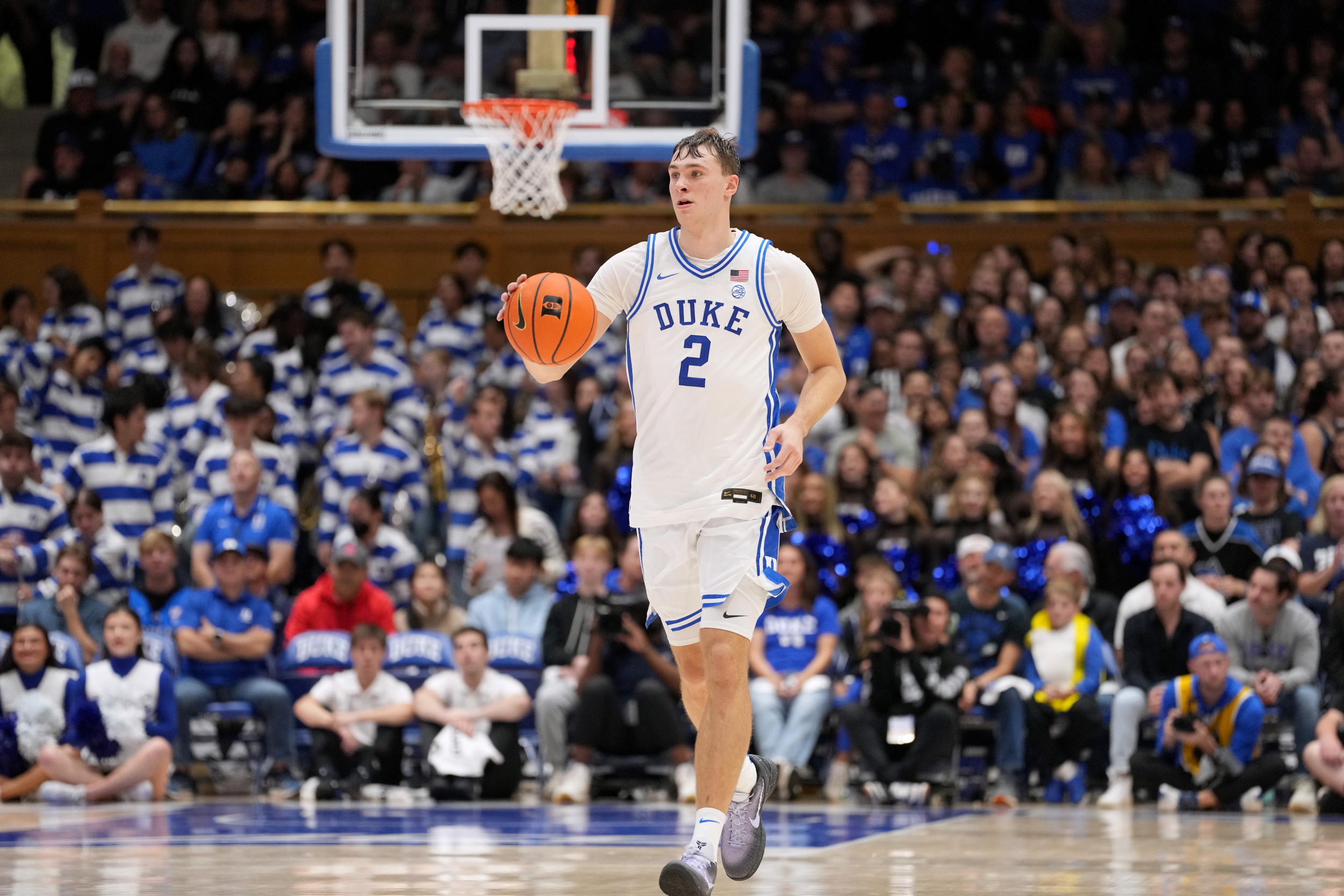The two federal cases against President-elect Donald Trump may be dismissed, but special counsel Jack Smith still wants his power to be restored.
Smith and his office filed a 50-page reply brief in the classified documents case on Tuesday, asking that Judge Aileen Cannon's decision to dismiss the case should be reversed even though the Justice Department will not continue to pursue it.
Citing a landmark Supreme Court case, the brief argued to the 11th U.S. Circuit Court of Appeals that there was no reason for Cannon to decide that Attorney General Merrick Garland lacked the authority to appoint a special counsel in the case.
"The Attorney General—like other department heads, see Gov.Br.39-40—has relied on Congress's broad grant of power to staff and operate his department for more than 150 years," the brief reads. "And until this case, courts, including the Supreme Court in Nixon, had uniformly upheld the Attorney General's appointment of special prosecutors like the Special Counsel."
Cannon dismissed the federal indictment against Trump in July after finding that Smith's appointment was unconstitutional. Trump was accused of illegally holding classified documents at his Mar-a-Lago estate in Florida after leaving the White House. He pleaded not guilty last year to the indictment's 40 criminal counts.

Tuesday's brief from Smith comes a day after dropping the two Trump cases he was prosecuting (the other involved Trump's efforts to overturn the results of the 2020 election, leading up to the January 6, 2021, Capitol riot).
The special counsel alluded to that in a footnote of the brief, writing, "The government has moved to dismiss this appeal as to Donald Trump. If granted, defendant Trump will not appear in the caption in future filings in this case."
The 11th Circuit's court granted Smith's request to drop the classified documents case on Tuesday, three weeks after Trump won the presidential election. He will return to the White House on January 20.
The dispute that Smith was arguing in the new brief relates to whether Cannon correctly applied the law when she found that Smith was appointed unlawfully as Justice Department special counsel.
Trump's attorneys have argued that "no statute supports Smith's appointment."
The special counsel's office was established in 1870 by the passage of the "Act to establish the Department of Justice," which granted U.S. attorneys the power to hire independent special counsels to "direct the investigation and prosecution of high-profile cases."
"By statute, the Attorney General retains plenary control over all officers of the Department of Justice," Tuesday's brief said. "The Attorney General thus has unfettered authority to 'direct and supervise' the Special Counsel, who lacks power to render a final decision on behalf of the Executive Branch without review and control by a superior.
"And as with most officers he has appointed, the Attorney General has authority to remove the Special Counsel, who enjoys no statutory insulation from removal. Accordingly, the Special Counsel is an inferior, not a principal, officer," according to the brief.



















 English (US) ·
English (US) ·